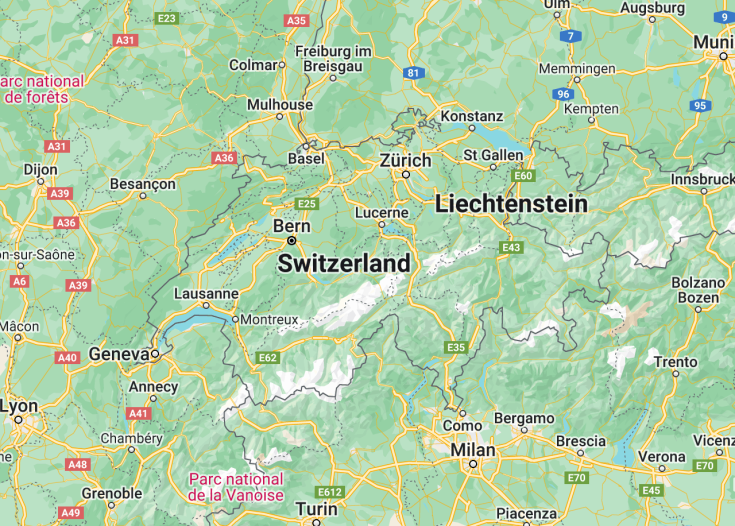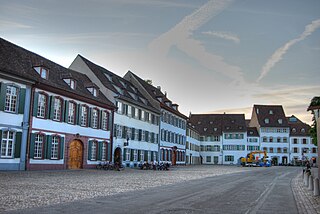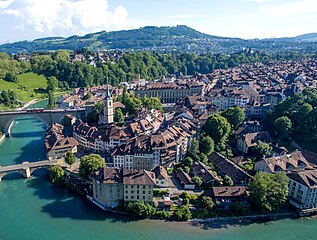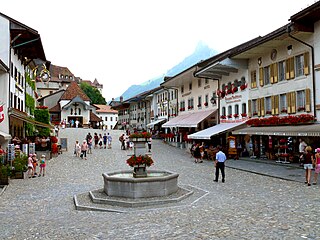With its stunning landscapes, charming towns, and rich cultural heritage, Switzerland is a dream destination for travelers. From the snow-capped peaks of the Alps to the pristine lakes and picturesque villages, this country offers breathtaking beauty at every turn. Explore the historic city of Zurich, the cosmopolitan hub of Geneva, or the charming town of Lucerne. Indulge in world-class skiing, hiking, and mountaineering, or simply relax and soak in the natural beauty. With its efficient public transportation system and renowned hospitality, Switzerland is a must-visit destination for nature lovers and adventure enthusiasts alike.
Planning a visit to Switzerland? Don’t forget to purchase a Swiss Travel Pass, which offers unlimited travel on trains, buses, and boats, as well as free entry to many museums and attractions.
Experience the magic of Switzerland’s landscapes by taking a scenic train ride on the famous Glacier Express. Travel through breathtaking mountain scenery, cross impressive viaducts, and enjoy panoramic views from the comfort of your seat.
Top destinations in Switzerland
Switzerland: The Land of Majestic Alps
| Capital | Bern |
| Time in Switzerland | GMT+1 |
| Language spoken | Swiss German, French, Italian, Romansh |
| Population | 8.5 million (World Bank, 2019) |
| Religion | Roman Catholicism (38.6%), Protestantism (26.9%), Other Christian denominations (5.7%), Islam (5.2%), No religion (21.4%) |
| Currency | Swiss franc (CHF) |
| Airports | Zurich Airport Geneva Airport Bern Airport |
Switzerland, the land of majestic Alps, is a stunningly beautiful country located in Central Europe. With its picturesque landscapes, charming cities, and rich cultural heritage, Switzerland has become synonymous with natural beauty and pristine wilderness. Renowned for its chocolate, cheese, watches, and skiing resorts, this small but captivating country offers a unique blend of adventure, tranquility, and luxury all in one package.
Where is Switzerland located?
Switzerland is located in the heart of Europe, bordered by Germany to the north, France to the west, Italy to the south, and Austria and Liechtenstein to the east. Nestled in the Alps, it is a landlocked country known for its stunning mountain ranges, crystal-clear lakes, and rolling green meadows.
What is Switzerland famous for?
Switzerland is famous for its breathtaking landscapes, including the majestic Swiss Alps, which attract millions of tourists every year. It is also renowned for its high-quality watches, delicious chocolates, and world-class skiing resorts. Additionally, Switzerland is known for its political neutrality, banking sector, and efficient public transportation system, including its iconic Swiss trains and cable cars.
History
The history of Switzerland spans over thousands of years, from its prehistoric origins to its present-day status as a prosperous and neutral nation. The exact date of its foundation is still debated among historians, but it is generally believed that Switzerland was founded in the early 13th century with the signing of the Federal Charter of 1291. This charter united three original cantons, Uri, Schwyz, and Unterwalden, and laid the foundation for the Swiss Confederation.
(13th Century – 1798) Early Confederation and Independence
During this period, Switzerland gradually expanded its territory and gained additional member cantons. Through strategic alliances and military victories, the Swiss Confederation grew in strength and established itself as a neutral and independent nation. However, it also faced internal conflicts, such as the Reformation and religious disputes, which threatened its unity.
(1798 – 1848) Napoleonic Era and Federal Constitution
In 1798, Switzerland fell under French control during the Napoleonic era. The French Revolution brought about radical changes in Switzerland, including the introduction of the Helvetic Republic and the imposition of French administrative systems. However, with the fall of Napoleon in 1814, Switzerland regained its independence and entered a period of political restructuring.
In 1848, Switzerland adopted a new federal constitution that established a strong central government and guaranteed individual rights and liberties. This marked the transition to a more modern and democratic Switzerland, promoting political stability and economic prosperity.
(20th Century) Neutrality and International Cooperation
Switzerland maintained its neutrality during both World Wars, which contributed to its reputation as a safe haven and humanitarian hub. Switzerland played a significant role in international organizations, such as the Red Cross and the League of Nations (later replaced by the United Nations), further solidifying its neutral stance and commitment to peace.
In recent decades, Switzerland has become known for its financial sector, high living standards, and global diplomatic efforts. It has also joined various international agreements and organizations, including the Schengen Area and the World Trade Organization.
Visit Switzerland
What to see and do in Switzerland
Switzerland offers a wealth of attractions and activities for visitors to enjoy. Here are some highlights:
- Exploring the beautiful Swiss Alps and enjoying winter sports like skiing and snowboarding.
- Visiting scenic cities such as Zurich, Geneva, and Lucerne, famous for their historic architecture and vibrant cultural scenes.
- Exploring the picturesque Swiss countryside and enjoying outdoor activities like hiking, biking, and boating.
- Experiencing Swiss cuisine and trying traditional dishes like fondue and raclette.
- Visiting iconic landmarks such as the Matterhorn, Lake Geneva, and the Chillon Castle.
Upcoming events in Switzerland
Switzerland hosts various events throughout the year, catering to different interests and preferences. Some notable events include:
- The Montreux Jazz Festival in July, attracting renowned musicians and jazz enthusiasts from around the world.
- The Zurich Street Parade in August, a lively electronic music festival and street party.
- The Basel Carnival in February, a vibrant and colorful celebration with parades and traditional customs.
- The Fête de l’Escalade in Geneva in December, commemorating the city’s defense against a failed invasion in the 17th century.
Best time to visit Switzerland
The best time to visit Switzerland depends on your interests and preferences. The country offers something unique in every season. Summers (June to August) are ideal for outdoor activities and exploring the stunning Swiss countryside. The weather is generally pleasant, and you can enjoy hiking, biking, and boating.
Winter (December to February) is perfect for skiing and snowboarding in the Swiss Alps. The ski resorts come alive with winter sports enthusiasts, and the scenery is breathtaking. Spring (March to May) and autumn (September to November) are less crowded, making them great times to visit if you prefer a quieter and more relaxed atmosphere.
Is Switzerland worth visiting?
Switzerland is undoubtedly worth visiting. It offers a unique blend of natural beauty, rich history, and cultural experiences. The Swiss Alps alone are a magnificent sight to behold, and the country’s well-preserved cities and towns are filled with charm and character.
Moreover, Switzerland’s commitment to neutrality and diplomacy has resulted in a stable and safe environment for visitors. The country’s efficient transportation system makes it easy to explore different regions and attractions. Additionally, Swiss hospitality and precision are renowned worldwide, ensuring a comfortable and enjoyable stay.
However, it is important to note that Switzerland can be quite expensive, and budget travelers may need to plan accordingly. Nevertheless, the country’s stunning landscapes, cultural treasures, and high quality of life make it a destination that should not be missed.


















